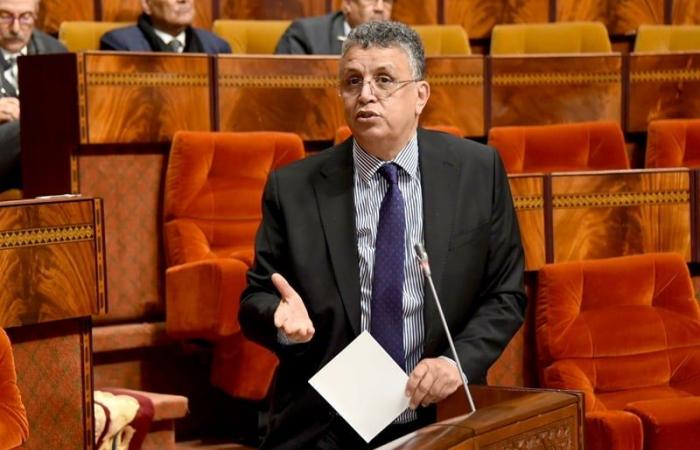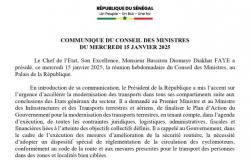The Minister of Justice, Abdellatif Ouahbi, revealed that the law on alternative sentences will soon be implemented, marking a significant step towards the modernization of the Moroccan judicial system.
Speaking during the weekly oral questions session in the House of Representatives, Ouahbi affirmed that the law on alternative sentences will be implemented imminently. He thus outlined the preparatory measures undertaken to guarantee the success of this initiative.
The minister also unveiled the formation of three separate commissions. The first will be devoted to the judicial implementation of the law, the second will develop two essential regulatory texts, while the third will be responsible for the selection of the company which will be retained for the associated contracts.
In order to prepare the judiciary for this transition, Ouahbi specified that training sessions were organized for judges, in close collaboration with the judicial authority. These training courses aim to clarify the new legislative mechanisms and facilitate their application in the field. In addition, offices will be established within the courts of first instance to facilitate the electronic registration of persons benefiting from monitoring at liberty, thus modernizing the processing of the files concerned.
The official notably indicated that three delegations went to several European countries to study their experiences in terms of alternative sentences. A delegation will soon travel to Senegal, whose model is considered to be particularly successful, in opposition to certain practices observed in other European countries.
Furthermore, he has highlighted the need to support this reform by drafting a practical guide on the application of the law on alternative sentences. This document aims to provide precise guidance for all stakeholders involved in this process.
Regarding the community service planned for the beneficiaries of this new legislation, the minister stressed that discussions took place in collaboration with various government departments. One body even helped identify up to 200 possible areas of intervention, thus paving the way for innovative solutions to integrate these beneficiaries into the community.
Furthermore, Ouahbi announced that an electronic platform will be set up allowing judges to have an informed choice regarding the imposition of these new alternative sentences.






